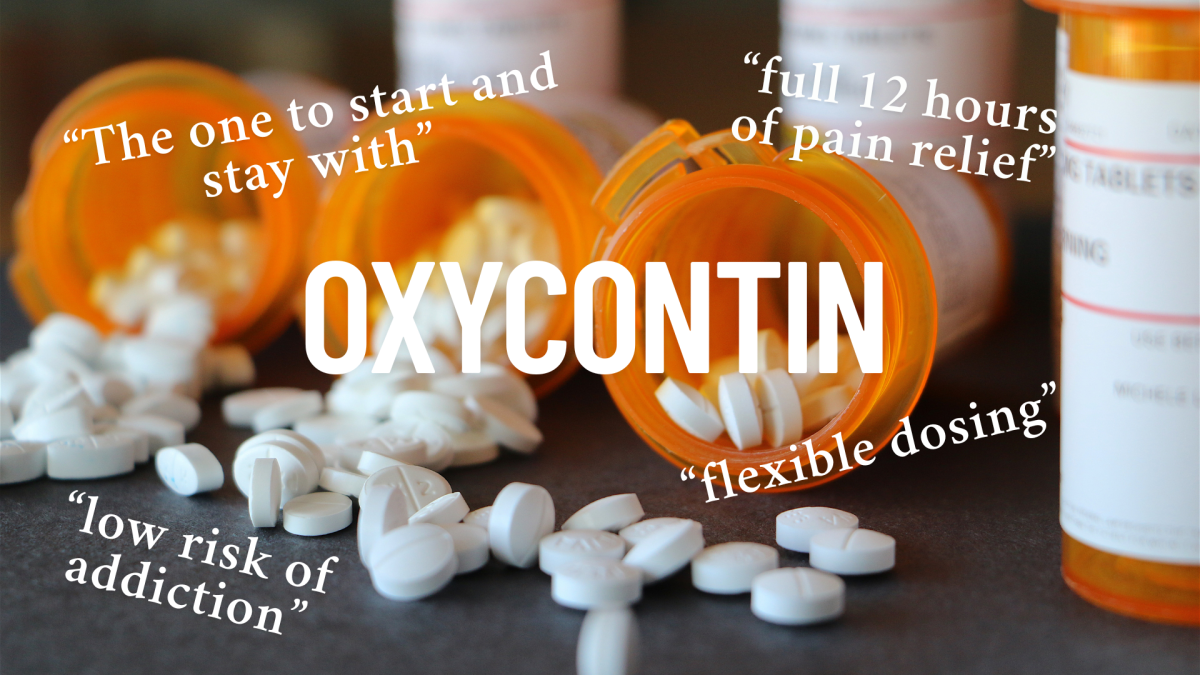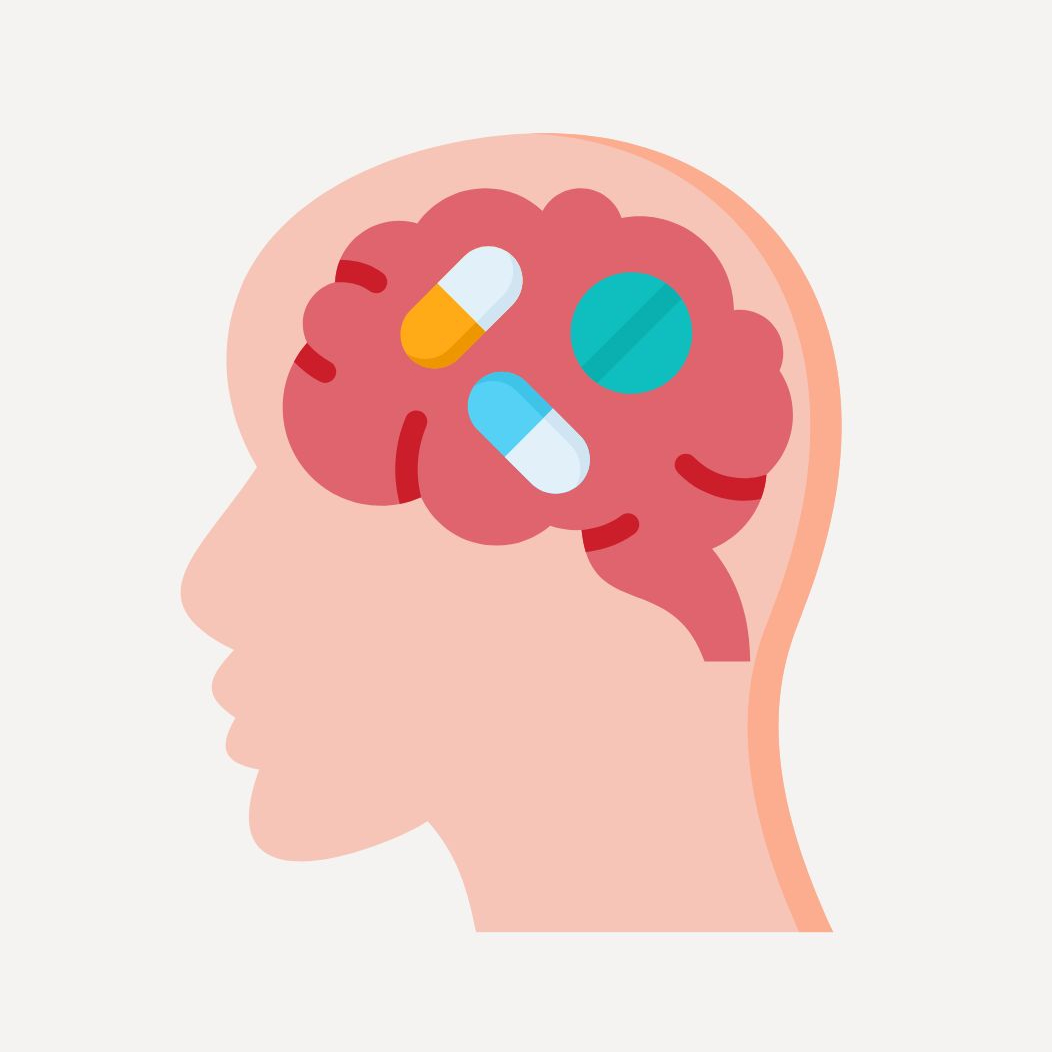Time to Take Concussions Seriously
April 17, 2019
Concussions are a very major injury that many don’t take seriously. It is an injury that could have long lasting effects on your brain and life if not properly treated.
A concussion is a mild form of traumatic brain injury that affects how your brain functions. Concussions occur as the result of a blow to the head that causes the head and brain to move rapidly back and forth in a whiplash-like fashion.
The sudden movement causes the brain to bounce and twist around inside the skull, damaging the cells and structures inside the brain and later affecting its overall chemical functions.
Concussions are much more common than people think. Approximately every minute, four people get a concussion, forty percent of all brain injuries happen to young children.
About 300,000 Traumatic brain injuries occur each year as the result of sports, according to a study published in the Journal of Athletic Training. Female athletes have higher rates of concussions than do their male counterparts, according to the American Physical Therapy Association. While concussions can occur during nearly any sport, they are most common in football, wrestling, ice hockey, basketball, field hockey and lacrosse.

Concussions are very common in the sport of Football.
“I have had 5 concussions. My worst one was last year during football season, I was blindsided and hit my head from behind. Which caused a huge fight that made my problems a lot worse. I had to be transported to a hospital and I wasn’t allowed to leave my room or out of my house for two weeks, and I was only allowed to come out of my room at night because I was so sensitive to light,” Justin Warner (‘19)
After suffering a concussion, many people experience headache and confusion. Some people experience loss of memory as well. In addition to loss of balance or dizziness, concussions may cause: headache, a temporary loss of consciousness, feeling as if your brain is in a fog, delayed response to questions, dizziness, and many more. Recognizing these symptoms is very crucial in starting recovery.
Some symptoms of a concussion develop hours or days after the injury. These symptoms include: trouble concentrating, memory problems, Irritability and other personality changes, and depression and other psychological problems.
Because of these effects, concussion protocol requires you to totally shut down:no screen time, no bright lights, no reading, no strenuous activity, etc. This causes many students to fall extremely behind in school.
Long-term effects of concussion are rare. In fact, the vast majority of people see any symptoms resolve within a few weeks. Only about 20 percent of people might suffer from post-concussion syndrome, where they continue to experience symptoms after six weeks.
However, the more concussions you get, the more likely you are to suffer long term consequences, especially if you don’t give your brain enough time to heal between injuries.
Therefore, it is extremely important to take a break, and recognize brain injuries, it could come with a consequence.



